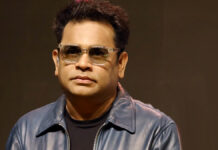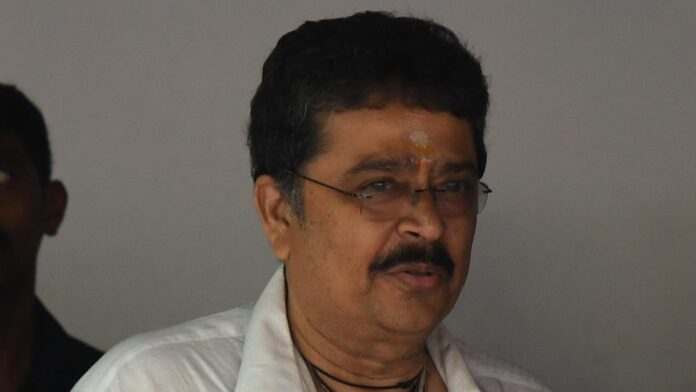The Supreme Court on August 18 refused to grant any relief to Tamil film actor and former Tamil Nadu MLA S Ve Shekher for sharing a post on social media in 2018, which made indecent remarks against women journalists, and which went viral in no time. The court said, one has to face consequences for abusive and vulgar posts, and an apology would not be enough to waive criminal proceedings.
The apex court dismissed the petition filed by the 72-year-old actor. Multiple cases had been filed against Shekher in Tamil Nadu after he shared a post on Facebook. Shekher deleted the post after realising his mistake and also tendered an apology. His lawyer told the SC that the actor shared someone else’s post inadvertently without reading it as his vision was blurred at that time because he had put eye drops in his eyes.
The bench of Justices B.R. Gavai and Prashant Kumar Mishra expressed surprise at how he had shared the post so casually without reading the contents, and refused to interfere in the trial proceedings against him. “One has to be very careful while using social media. One has to be diligent. Using social media is not essential but if one is using it then one should be ready to face consequences,” the bench said, asking him to face trial.
The criminal cases were filed in the courts of Madras, Karur and Tirunelveli districts by a journalists’ association in 2018. Shekher moved the SC after his plea to quash the criminal proceedings was rejected by the Madras high court.
Dismissing his quashing plea last month, the high court had said, “A message that is sent or forwarded on social media is like an arrow which has already been shot from the bow. Till that message remains with the sender, it is within his control. Once it is sent…, the sender of the message must take ownership for the consequences of the damage done by that arrow (message). Once the damage is done, it will become very difficult to wriggle out of the same by issuing an apology statement.”
Shekher’s lawyer also pleaded with the court to exempt him from personal appearance before the trial court, but the SC refused to pass the order and instead asked him to approach the trial court with the plea.





























